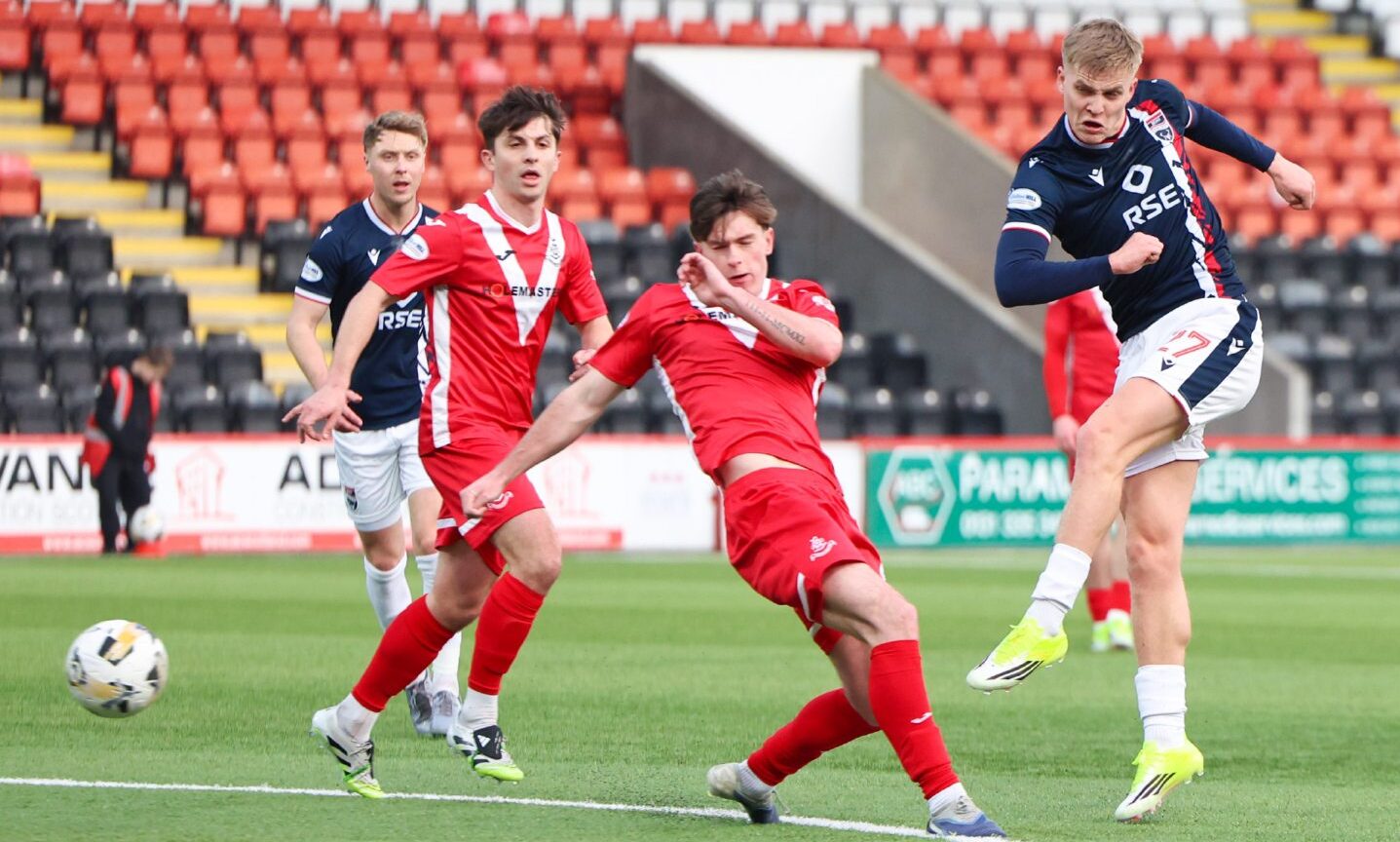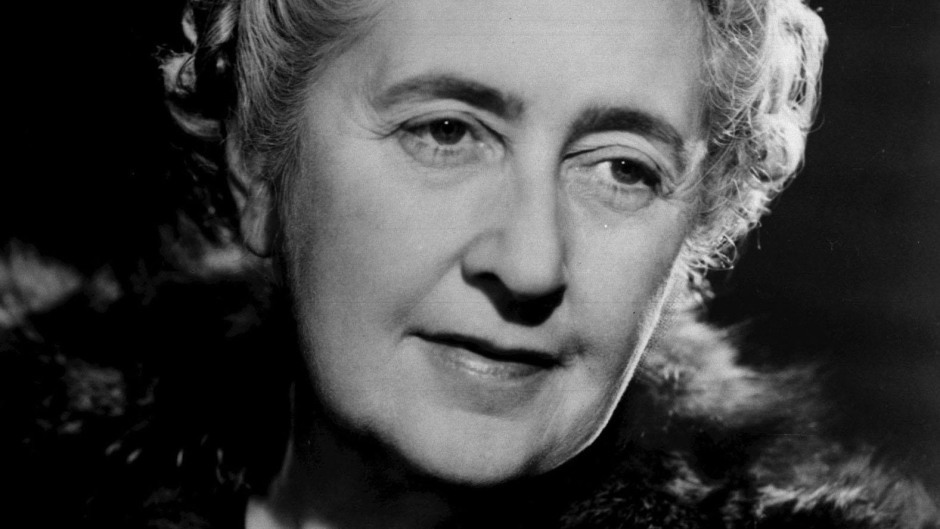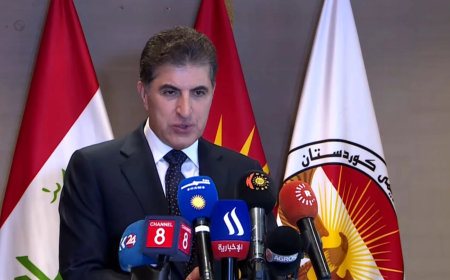Keeping the Sport of Kings alive: How Malaysia’s only apprentice jockey school is grooming the next generation of riders
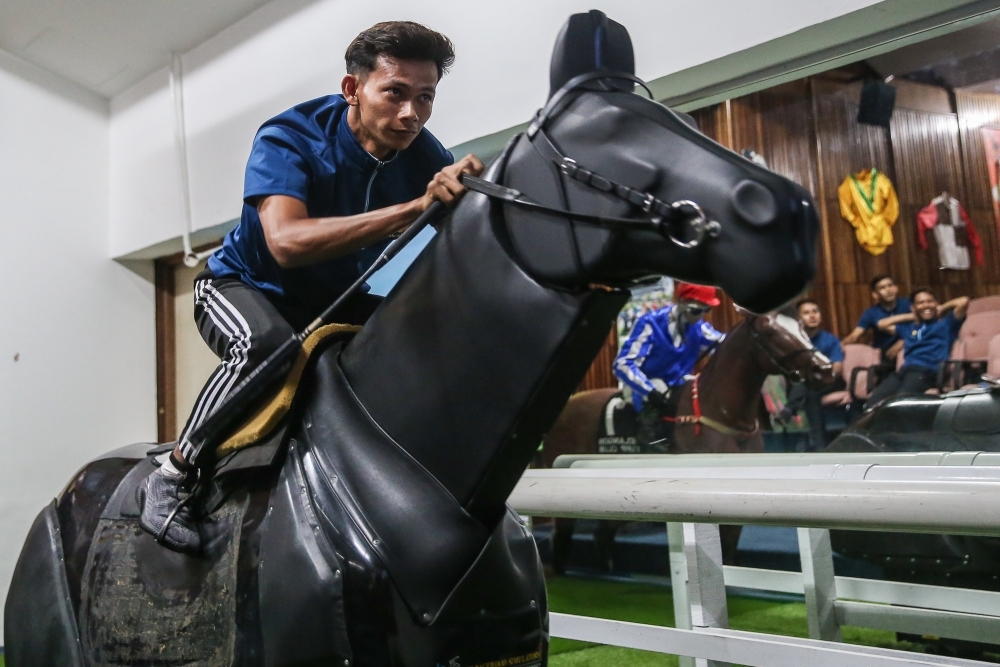
KUALA LUMPUR, Oct 22 — Long before engines roared on racetracks, there was the thrill of thundering hooves — a contest of speed and grace that once captured the hearts of spectators alike.
Horse racing, once celebrated as the Sport of Kings, has found its future in an unlikely classroom — the country’s only jockey apprentice school, where tradition and skills are passed down to aspiring young hopefuls.
Tucked away at the Selangor Turf Club (STC), the apprentice jockey school was founded with the intended purpose of nurturing young aspiring homegrown talents into professional riders, school head Tai Lee Leong said.
“Prior to the school’s founding in January 2020, aspiring jockeys had to venture overseas to develop their skills and talents which was costly to some.
“With this school, young Malaysians who are passionate about becoming a jockey now have a clear career path ahead of them,” Tai told Malay Mail in an interview recently.
Drawing inspiration from successful programmes under the Japan Racing Association (JRA) and the Hong Kong Jockey Club (HKJC), the STC apprentice school has since adapted their best practices into its own distinctive training approach.
The Kelantan effect
Beyond training jockeys, the apprentice school also stands out as a place where many Kelantanese boys come of age — learning not just the techniques of racing, but the discipline and resilience that define the sport.
Since its establishment, a total of 27 students have enrolled in the apprentice jockey school — comprising 20 Malays, four Chinese, and three Indians.
Of the 20 Malays enrolled, 15 hail from Kelantan — making up more than half of the total intake to date.
Tai said Kelantanese, especially those from rural areas, possessed a special affinity for horse riding where horseback archery thrives as both a tradition and a popular sport across the East Coast.
Legend has it that Kelantan’s equestrian’s heritage dates back to the 16th-century reign of warrior queen Che Siti Wan Kembang, famed for commanding an elite army of female horseback archers in battle.
“A lot of our apprentice jockeys with fundamental horse riding skills started out very young by riding ponies, but since the school did not exist back then, they had limited alternatives if they wanted to pursue their ambitions professionally.
“With the apprentice school, STC provides them a clear career pathway and a stage for them to be scouted by the international racing circuit as a professional rider,” he said.
Curriculum and enrolment
Apart from practical horsemanship, apprentice jockeys also attend weekly lectures and tutorials on various topics deemed necessary by the school.
Some of these lessons include:
- Dining etiquette
- Diet and nutrition
- English language
- Financial management (tax planning and accounting)
- Fitness (biomechanics and tumbling skills)
- General knowledge of horses (equine veterinary)
- Racing rules and regulation (race judging and handicapping)
- Race track maintenance
- Stress management (team outings and teamwork)
- Communication skills (social media management and interviewing)
On a normal weekly basis, Tai said apprentice jockeys are required to attend several fixed sessions held from Monday to Thursday.
Race reviews are conducted on Monday; barrier trials (practice match for horses) on Tuesday; English language and mechanical horse lessons on Wednesday; and lectures on Thursday.
“We have mandatory English lessons because it is the lingua franca during race commentaries, inquiries and media interviews which requires them to possess a certain level of proficiency.
During mechanical horse lessons, apprentice jockeys train on a life-size simulator that mimics the movements of a real racehorse, allowing them to hone their riding, balance and whipping skills on a simulated turf track.
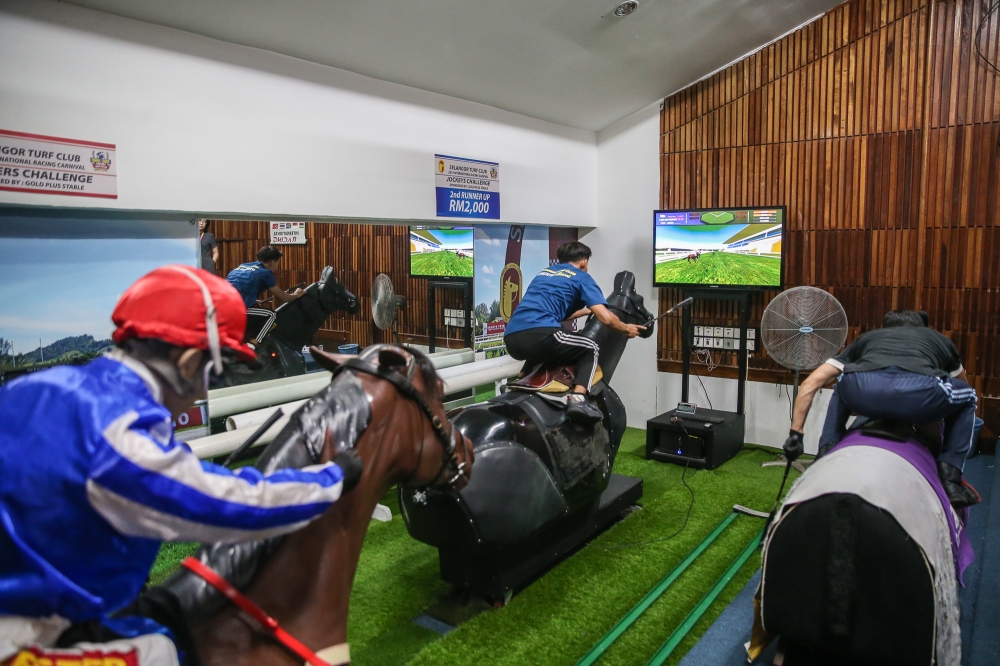
Tai also noted that frequent stress management sessions and mental evaluations are conducted to ensure these apprentice jockeys are able to manage the emotional and physical toil of the sport.
“These life skills — such as dining etiquette and communication — are meant to shape them into well-rounded individuals who can carry themselves confidently after completing their apprenticeship,” he said.
Saturday is considered ‘rest’ day for apprentice jockeys to make necessary preparations for races on Sunday.
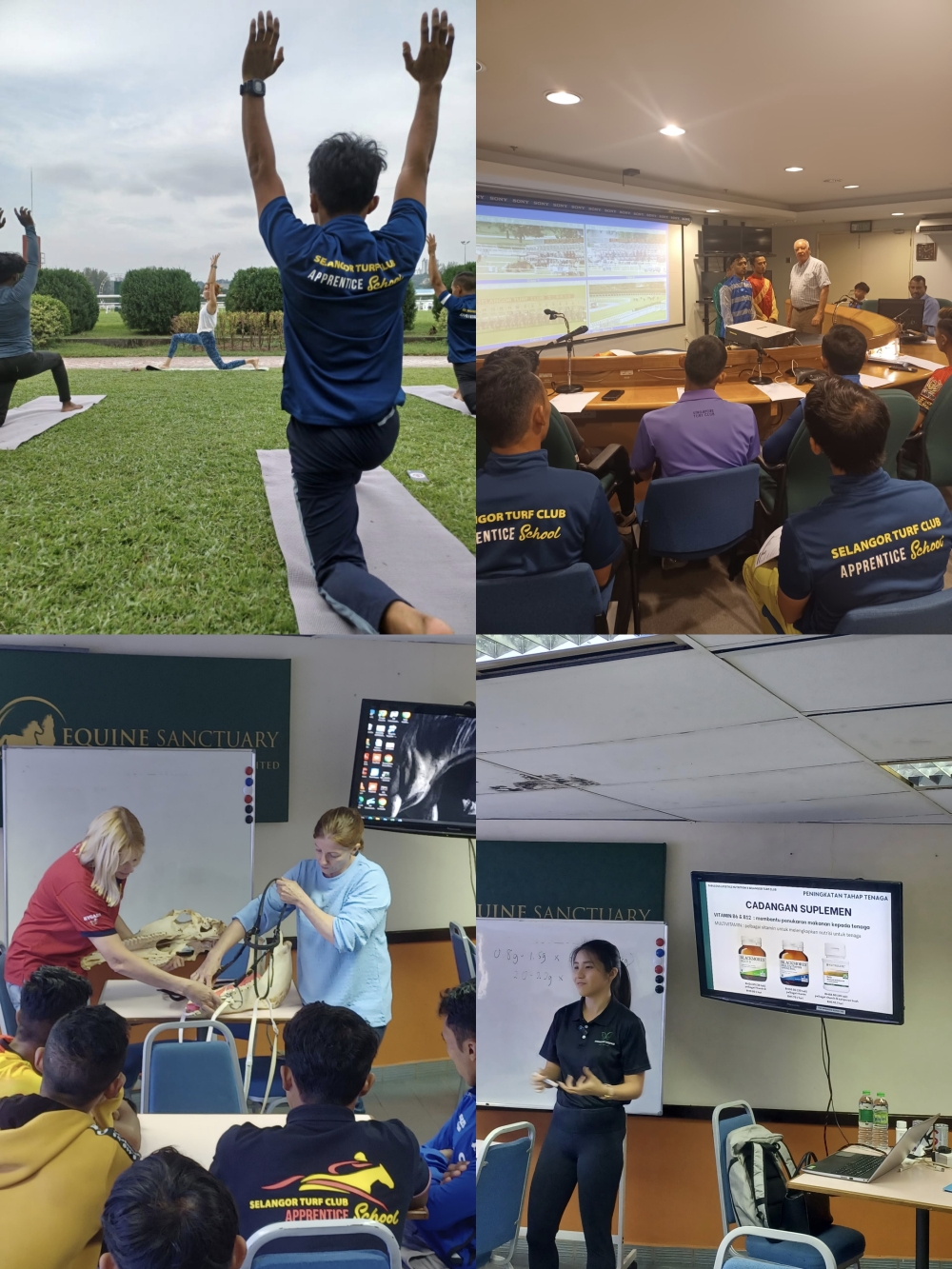
Tai said the school holds its intake once annually, accepting candidates aged 18 to 26 whose body weight does not exceed 52 kilograms.
They are also required to be based in Selangor as they are required to work while not attending lessons.
To keep training standards high and job prospects realistic, Tai said the school usually caps its annual intake at just five trainees.
Once a student is enrolled, they will remain at the school for two or three years before being considered for an apprenticeship (indenture) with a licensed trainer for another five years.
After completing the required five years, apprentice jockeys then become full-fledged professional jockeys.
Five years since its inception, the apprentice jockey school continues to be a point of pride for the STC — a reflection of its mission to revive interest in the sport by moulding a new generation of skilled and disciplined riders.
“There’s always been strong interest from new applicants, but we prioritise candidates who demonstrate genuine potential rather than those joining merely for fun,” Tai said.
[Source: Malay Mail]
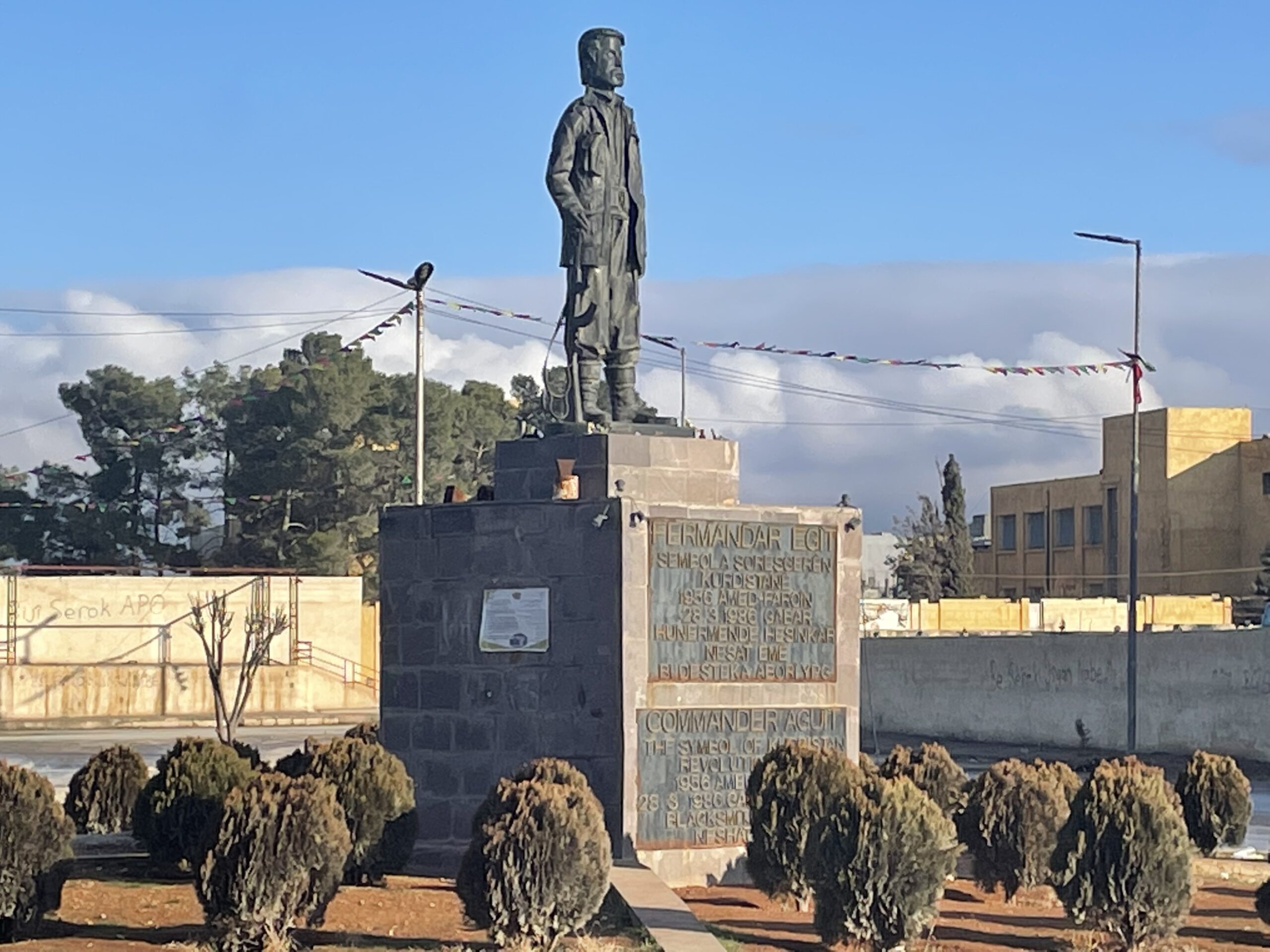










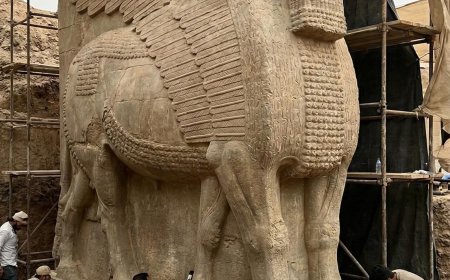









/file/attachments/orphans/taku-transport_666718.jpg)






